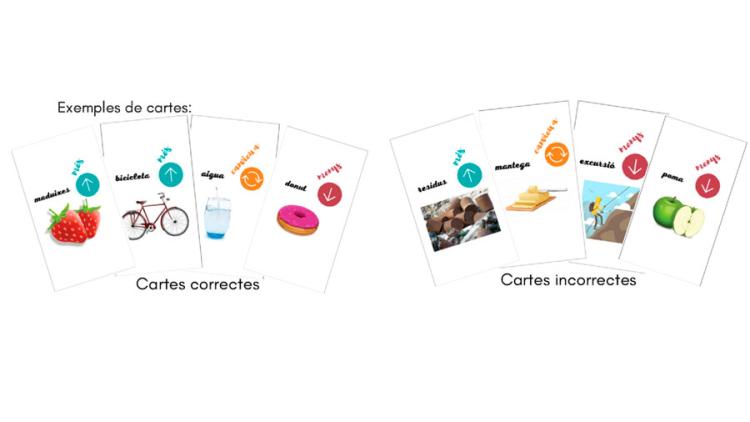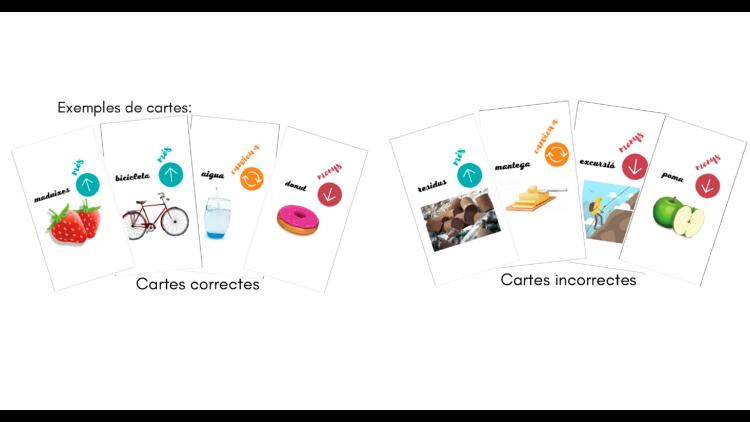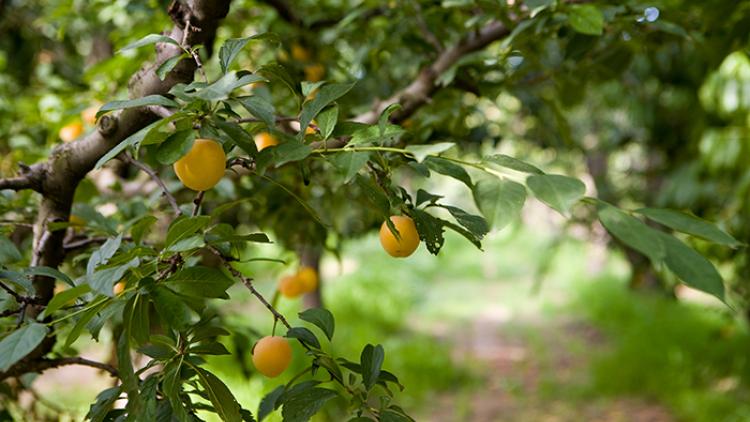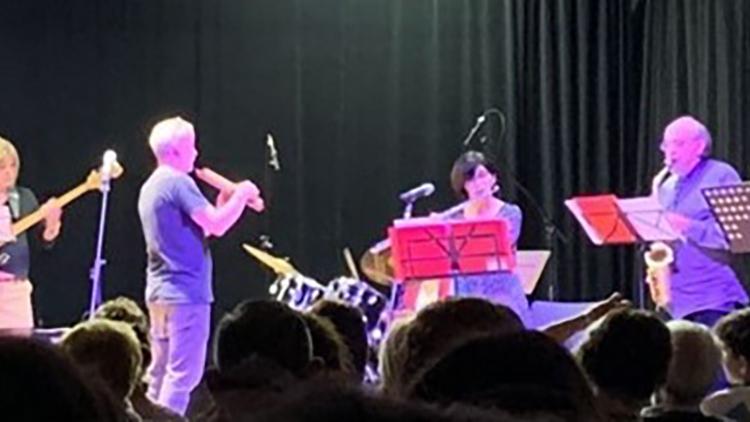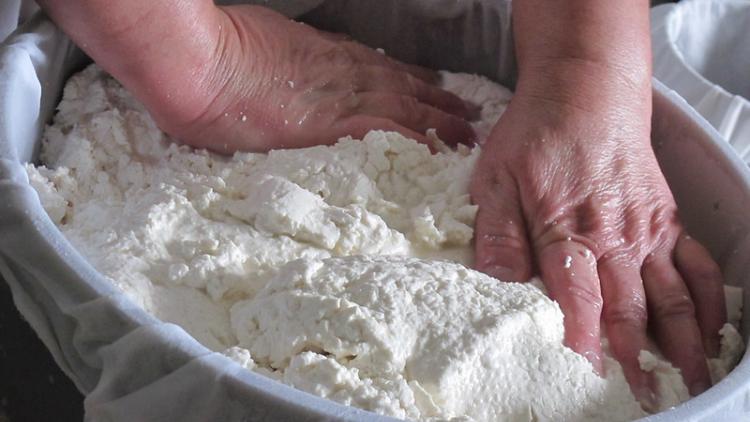Linking places
Barcelona is a city that consumes a huge amount of food, most of which comes from outside its greater metropolitan area. Until a few years ago, this food was provided without concern for the environmental and social impacts of the supply chains that allow us to eat.
Furthermore, the urban environment is disconnected from the remaining spaces in the wider urban area and in the surrounding region where food is produced. In fact, since 1956, 80% of the agricultural land in the river valleys and mountainous areas of the Àrea Metropolitana de Barcelona has been lost. The year 2021, when Barcelona will be the World Sustainable Food Capital, will provide a great opportunity to turn this situation around and highlight the links between the urban and rural worlds.
It will also offer a chance to make progress in the protection of food production spaces in the areas that make up the Barcelona Metropolitan Region. Some spaces are already protected, like the Baix Llobregat Agricultural Park or the Gallecs Agricultural Space, but others, in El Maresme, El Vallès, El Garraf, Collserola and El Montnegre, require more protection and better management. This way, we can strengthen the resilience of local food systems to create a model based on food sovereignty.
Furthermore, Barcelona’s status as the World Sustainable Food Capital must help to highlight inequalities in access to sustainable food in the real city – the city of daily interdependences that is best placed to face tomorrow’s challenges – and, above all, to demonstrate the importance of working with a holistic perspective. The city’s position as the Capital can serve as a catalyst to emphasise that the food issue affects the whole Barcelona Metropolitan Region, especially in the hospitality and tourism sectors.
In any event, this push to strengthen food policies will continue far beyond 2021. Sustainable food brings about resilience, prosperity and improvements to social cohesion, which is why it will be one of the central axes of the Metropolitan Commitment 2030, the metropolitan region’s strategy for 2030.
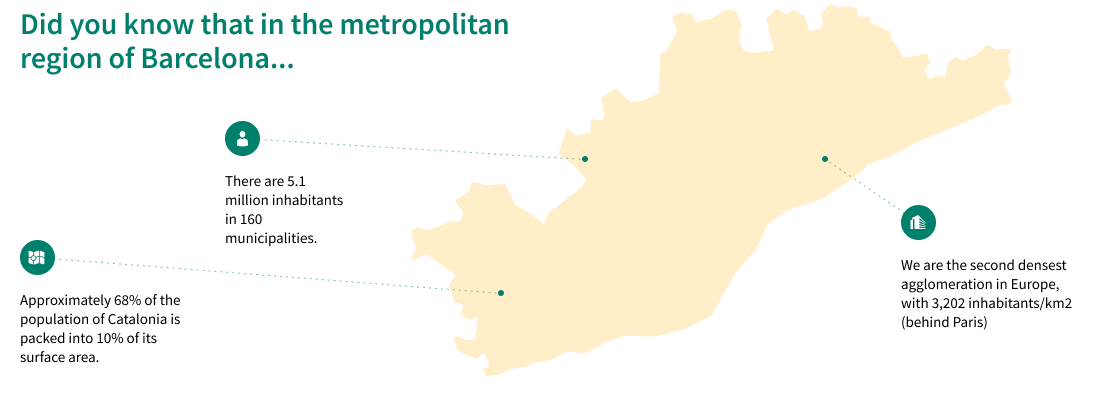

The institutions working to promote sustainable food include the Pla estratègic metropolità de Barcelona [Barcelona Metropolitan Strategic Plan (PEMB), a private, non-profit association – backed by Barcelona City Council and the Àrea Metropolitana de Barcelona – that identifies the region’s medium-term needs and potential, predicts trends and threats, and proposes solutions to take on the future in the most effective way possible.
The PEMB is currently running the ‘Barcelona Tomorrow. Metropolitan Commitment 2030’ initiative, which aims to draw up a strategy for the Barcelona metropolitan region of the future. The aims of the strategy, the Metropolitan Commitment 2030, include providing a joint response to shape our food model, based on the Carta Alimentària de la Regió Metropolitana [Food Charter of the Barcelona Metropolitan Region].
As part of the Metropolitan Commitment 2030, the PEMB has established five principles, to be used as a guide and to bring consistency to the projects and activities planned within the strategy:
- A metropolis of 5 million. Just like in the year 2000 when strategic planning zoomed out from the city of Barcelona to focus on what today is the AMB, in this new strategy, the whole metropolitan region is taken into account. This is the real city, the metropolis of 5 million people: the Barcelona Metropolitan Region (RMB).
- Reduced inequalities. The central goal is to reduce inequalities and urban segregation, in the context of a climate emergency and a post-pandemic world.
- Quintuple helix. The strategy is being created through a process of collective reflection and action. The participants in this process include: the public administration, academia/research, the private sector, the city’s residents and the media.
- Proactiveness and positivity. The goals set will be ambitious and transformative, but still clear and measurable. They will take the form of missions to be completed by 2030.
- Collaborative, inclusive work. The organisations involved in the process and the general public will be the protagonists. The aim? To understand, cater for and incorporate different perspectives on metropolitan development, by collecting a diverse range of views, knowledge and interests.
The Barcelona Metropolitan Area (AMB) has also been working on sustainable food for a long time.
The AMB is the local government and public administration institution for the Barcelona Metropolitan Area, a large conurbation composed of a total of 36 municipalities. It was founded as a public administration in 2011, replacing various entities that preceded it, under Act 31/2010.
Some of the AMB’s responsibilities have a serious impact on various aspects of the metropolitan food system, such as land and urban planning, mobility, housing, the environment and sustainability, water and waste management, economic development and social cohesion.
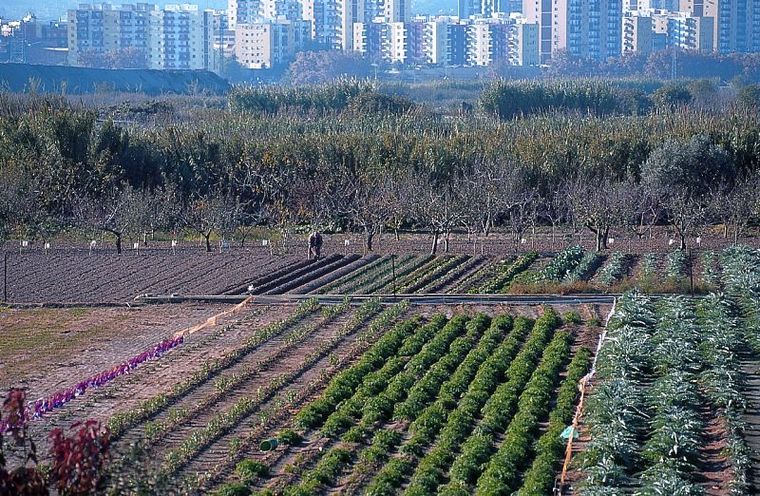
Jordi Salinas – AMB
Within this metropolitan strategic framework, the Carta Alimentària de la Regió Metropolitana [Food Charter of the Barcelona Metropolitan Region] (CARM) is born. It is the product of a process of collaboration and co-creation, in which over one hundred organisations and people took part over the 2017–2019 period.
The Charter is a strategic coordination instrument used to develop food policies for the metropolitan region. It offers support and strengthens processes occurring on a local scale to drive a transition towards a model with more food sovereignty and to boost the resilience of a fairer, safer, more sustainable and healthier food system that takes social, environmental and local criteria into account.
By signing up to the Carta Alimentària de la Regió Metropolitana [Food Charter of the Barcelona Metropolitan Region] (CARM), institutions and organisations commit to the Milan Urban Food Policy Pact and demonstrate their willingness to collaborate with the activities associated with Barcelona’s year as World Sustainable Food Capital in 2021.
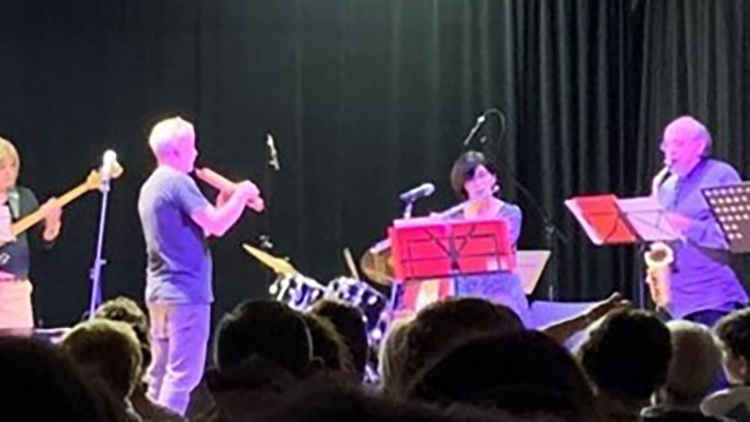
The main goals of the CARM are

- To redesign food systems from a holistic point of view that sees food as a right for regions and their populations, prioritising care for life and for people.
- To achieve greater diversity and plurality in terms of stakeholders in the food system, through the quintuple helix: the public administration; the primary production sector (farming and primary food processing) and food cycle businesses; universities and research; citizens and citizens’ organisations; and the media.
- To identify and transform experiences of good practice into public policies and programmes.
- To explore and facilitate the creation of specific spaces and frameworks for governance and transparency.
- To generate knowledge, discourse and ideas through a coordinated communication and awareness-raising strategy.

- To protect, restore and energise agricultural land.
- To safeguard farmers by ensuring their economic, environmental and social viability.
- To promote local sales circuits.
- To research and implement logistical systems that facilitate the joint distribution of local agri-food products.
- To promote social agriculture, which supports urban agriculture, because of its benefits for social cohesion.

- To democratise food based on a principle of social justice that guarantees the conditions that enable the whole population to have access to healthy, balanced, flavourful food.
- To empower and inform citizens to encourage healthier, more responsible, more sustainable consumption models and lifestyles.
- To highlight the food industry’s and the agricultural sector’s strategic potential and commitment in terms of social innovation, the circular economy and sustainable regional development.
- To raise awareness of waste reduction, recycling and reuse culture, and the zero-waste horizon.


